This is a great instructional video on how to calculate the age of Universe from Hubble's constant. The speed the galaxy moves away from us is directly proportional to the distance from us. Now think of big bang theory. Hubble's constant is equal to velocity over distance. 1 over Hubble's constant is equal to distance over velocity that is equal to time. Time equals to 1over 71. If you change it into all the same units words it is one over 71000 or 3.09x 10 to the power of 22. It is 3.09x10 to the power 22 over 71000 seconds. It is 3.09x10 to the power 22 over 71000 and 31,556,926 years. The age of Universe is 13.8 billion years.
Apple's iOS 26 and iPadOS 26 updates are packed with new features, and you can try them before almost everyone else. First, check Gadget Hacks' list of supported iPhone and iPad models, then follow the step-by-step guide to install the iOS/iPadOS 26 beta — no paid developer account required.




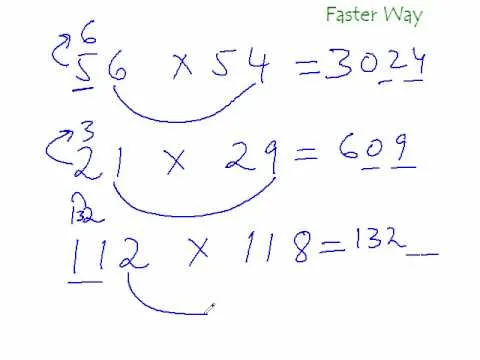
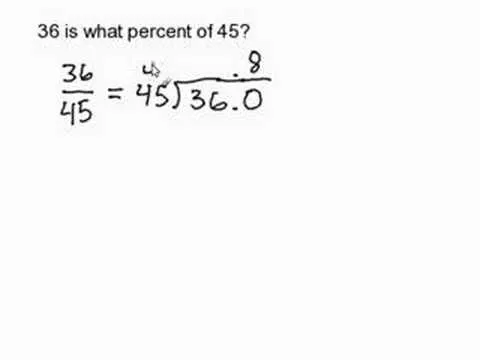
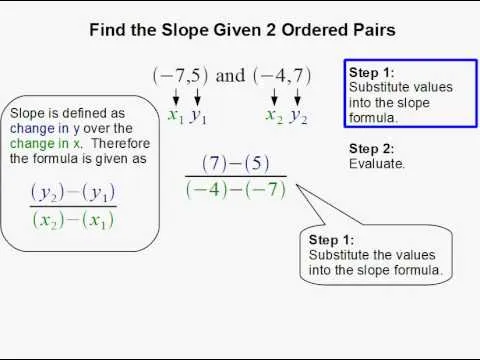


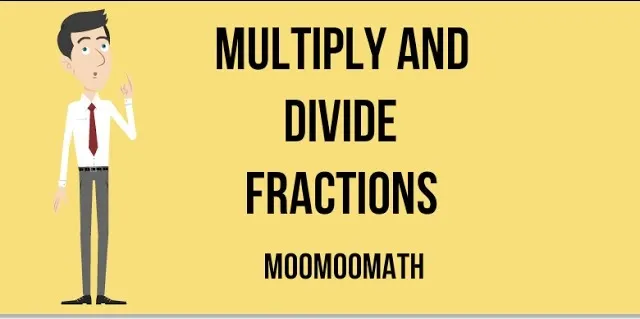








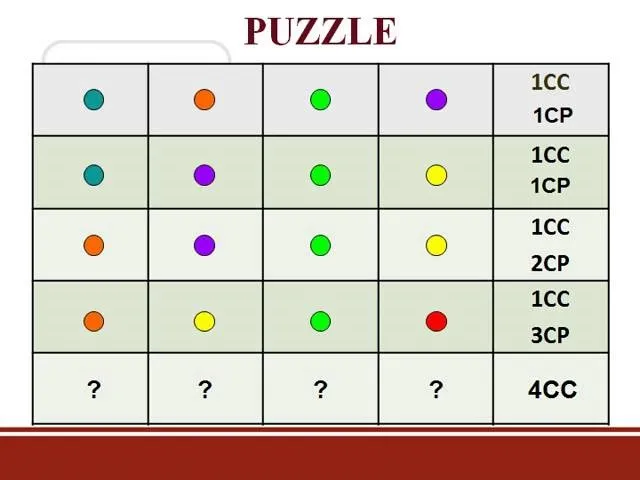
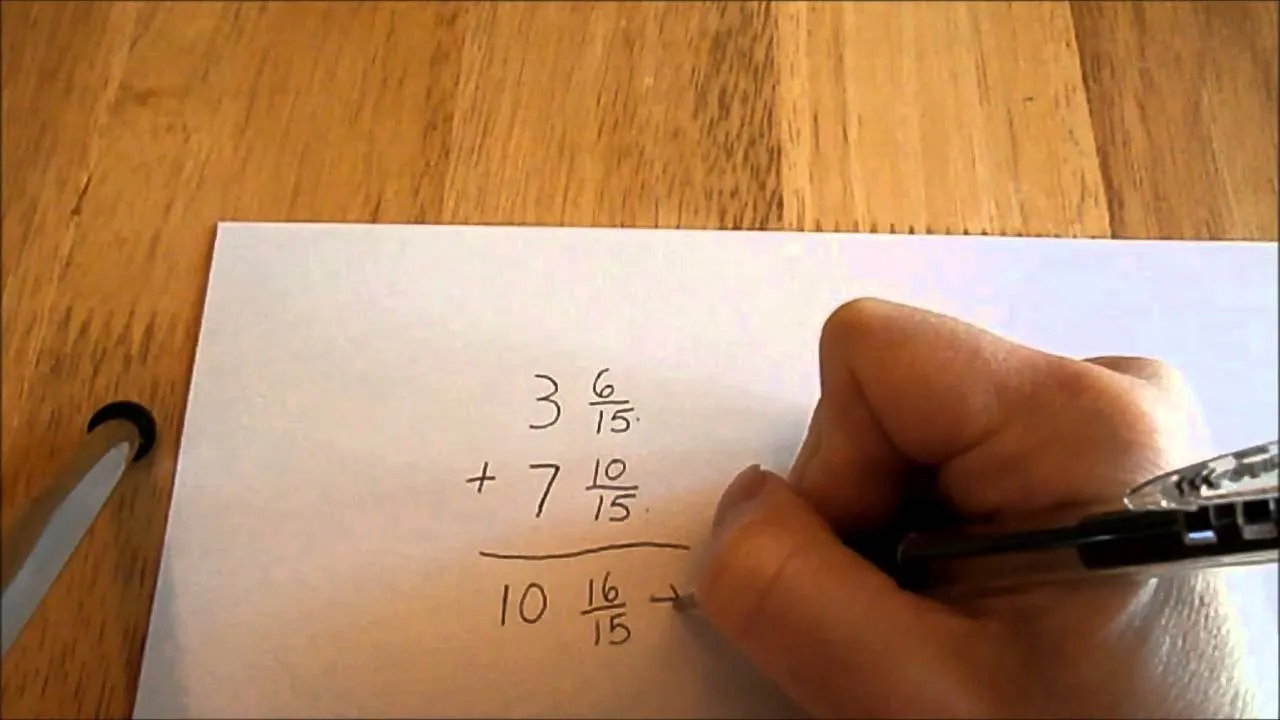

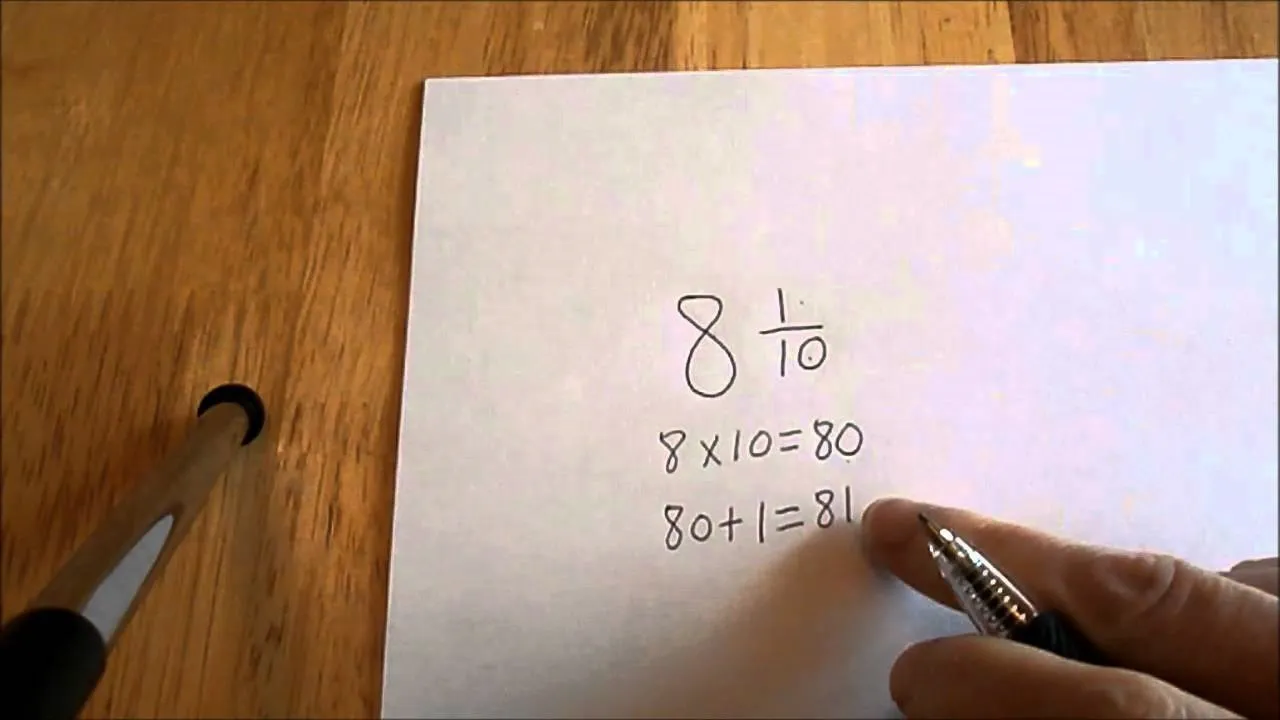
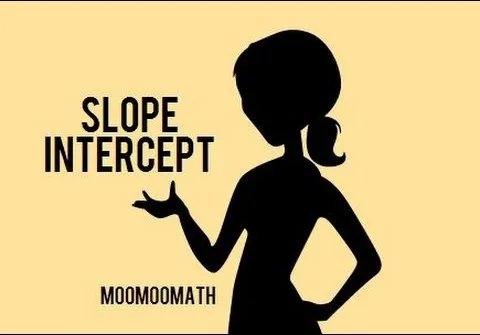

Comments
Be the first, drop a comment!